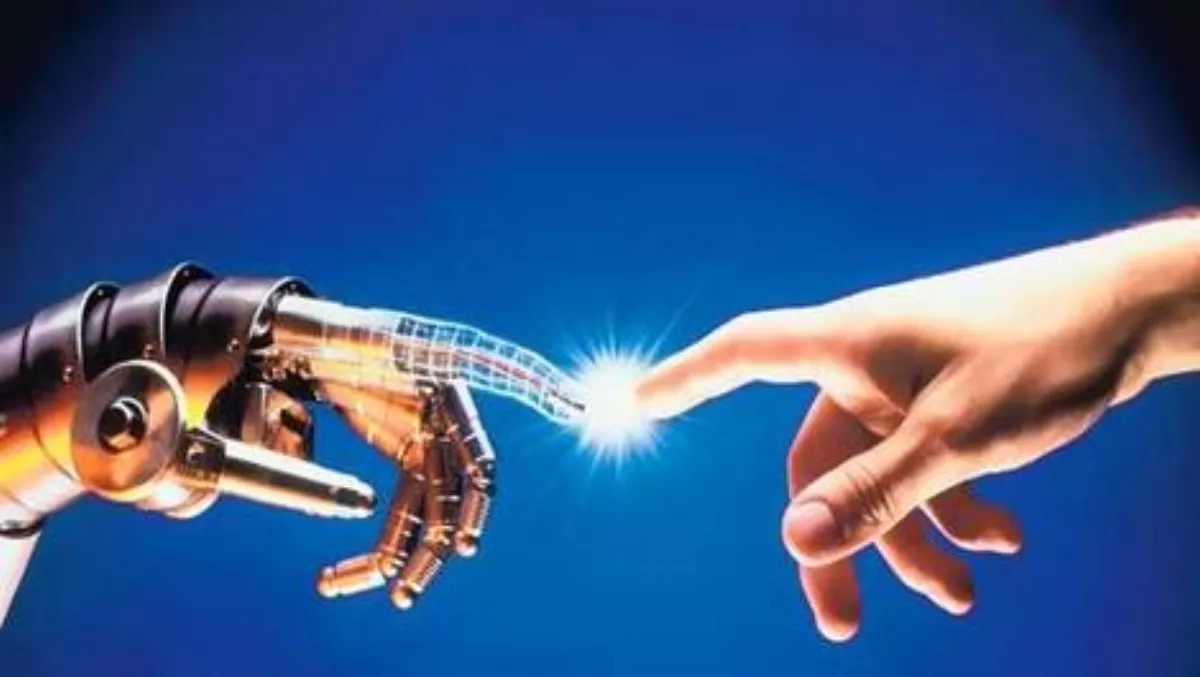IBM has released the IBM 5 in 5, a list of innovations that have the potential to change the way people work, live and interact during the next five years.
Based on market and societal trends, this year's IBM 5 in 5 explores innovations that will be the underpinnings of the next era of computing, which IBM describes as the era of cognitive systems.
This new generation of machines will learn, adapt, sense and begin to experience the world as it really is.
This year's predictions focus on one element of the new era, the ability of computers to mimic the human senses—in their own way, to see, smell, touch, taste and hear.
IBM says these sensing capabilities will help us become more aware, productive and help us think – but not think for us.
According to the report, cognitive computing systems will help us see through complexity, keep up with the speed of information, make more informed decisions, improve our health and standard of living, enrich our lives and break down all kinds of barriers—including geographic distance, language, cost and inaccessibility.
"IBM scientists around the world are collaborating on advances that will help computers make sense of the world around them," says Bernie Meyerson, IBM Fellow and VP of Innovation.
"Just as the human brain relies on interacting with the world using multiple senses, by bringing combinations of these breakthroughs together, cognitive systems will bring even greater value and insights, helping us solve some of the most complicated challenges.
Here are the five predictions:
Touch: You will be able to touch through your phone
Sight: A pixel will be worth a thousands words
Hearing: Computers will hear what matters
Taste: Digital taste buds will help you to eat smarter
Smell: Computers will have a sense of smell


